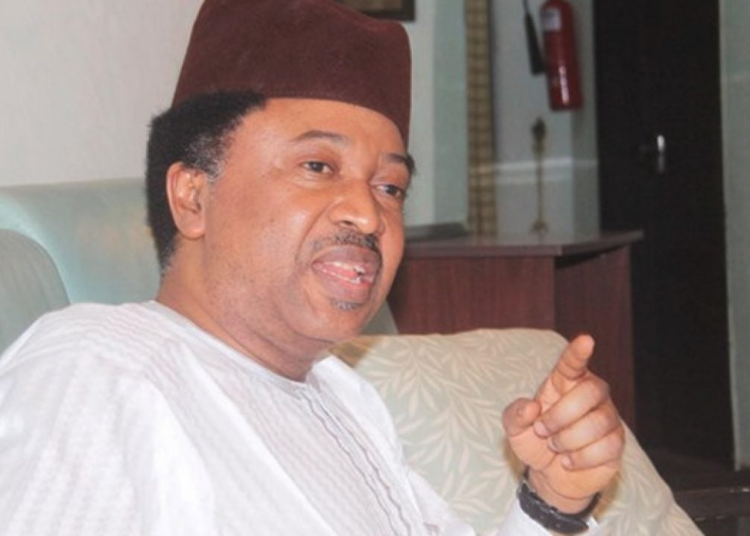Senator Shehu Sani and the other stakeholders in the book and publishing industry have cautioned parents and guardian on the negative impact of Artificial Intelligence (AI), and social media on their children.
Sani spoke at the flag-off of the 43rdNational Library of Nigeria (NLN) Reading Campaign targeted at promoting reading and literacy amongst Nigerians.
Speaking at the event, Senator Sani who was among the three individuals awarded by the apex library for their services to education and learning in Nigeria, noted that while there are positive impacts in the use of social media and the smart gadgets, these social platforms – Facebook, Instagram, TikTok and Artificial Intelligence have a bred a new generation of intellectually laziness that had furthered destroyed the remnant of treading culture in Nigeria.
Referencing the 60s to the early 80s, the lawmaker said the reason behind the rise of writers such as Chinua Achebe, Prof Wole Soyinka, Cyprian Ekwensi and Ola Rotimi, lies in the fac that at the time, reading was a priority as students then challenged themselves on the number of books they can read.
“Today, the decline in the level of discourse when it comes to scale of their intellect is equal to the number of young people on social media. If we really want to add value to our education system, we must not lose focus on this reading culture. I call on all Nigerians to insist that their children read.”
Adding to Senator Sani’s warnings of the negative impact of social media, the chief executive officer of the national library, Prof Chinwe Anunobi said the apex library is yet to attain the service of a functioning virtual/electronic library owing to lack of funds.
“Digital library is different from the electronic or virtual library. We are running a digital library where Nigerian publications for Nigerians outside the country can use. For other resources which could be found in the databases, we pay subscriptions to access them.
She however noted that the virtual formats are not without their distractions. “When you are reading off your phone or tablets, say a 100-page book, trust me, you won’t read up to two pages before you are distracted, only to zero in to TikTok, Facebook or WhatsApp. If in developed countries prominent individuals like Barack Obama are still buying books to read, why are we obsessed about virtual library? Let’s start reading printed books, and then we consolidate and move to electronic books so that we are not distracted.”
Anunobi urged parents to restrict their children’s use of social media and rather focus on gifting them books and writes works for hard work and special occasions.
“Give them smart gadgets filled with reading materials but without internet access. The moment they develop this habit, when they come across electronic gadgets, they will be looking for books to read.
She further suggested schools return of library hours, a period in the classroom schedule when children visit the library to read.
“During such period every child must go read a book, even if it means going to the library to sleep, in the course of sleeping they will be motivated to open a book when they see others reading.”
Meantime, the secondee NLN awardee, Mr Lanre Adesuyi, founder Havillah Publishing pledged a donation of a N50 million worth of books to the apex library, in support of its reading campaign.
His support, the chief librarian said will go a long way to making books and reading available to students and Nigerians in the remote areas of the country.
Last year, the Anunobi’s administration extended the library’s reading campaign to the hinterlands – via distribution of books, writing materials, reading tablets to schools and vulnerable groups – “the hard-the -reach’ across 36 local government areas of the country; as well as engaging volunteers to educate rural communities on the art of reading. So far, the library impacted over 4000 people – comprising secondary school student, in about 102 secondary schools, in addition to male and female adults. it also donated over 1855 volumes in 1740 titles of reading materials to 16 out of 46 primary, secondary and higher institutions that requested reading resources support from it.
“We are going to work with Havillah to ensure the books given with us are Nigerian-based and within the age range of the children – from light and short reading materials to more intellectual ones. mind you, N50 million is nothing because books are quite expensive today,” concluded Anunobi.





